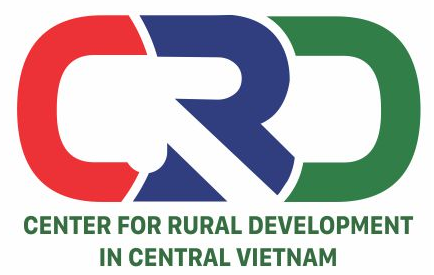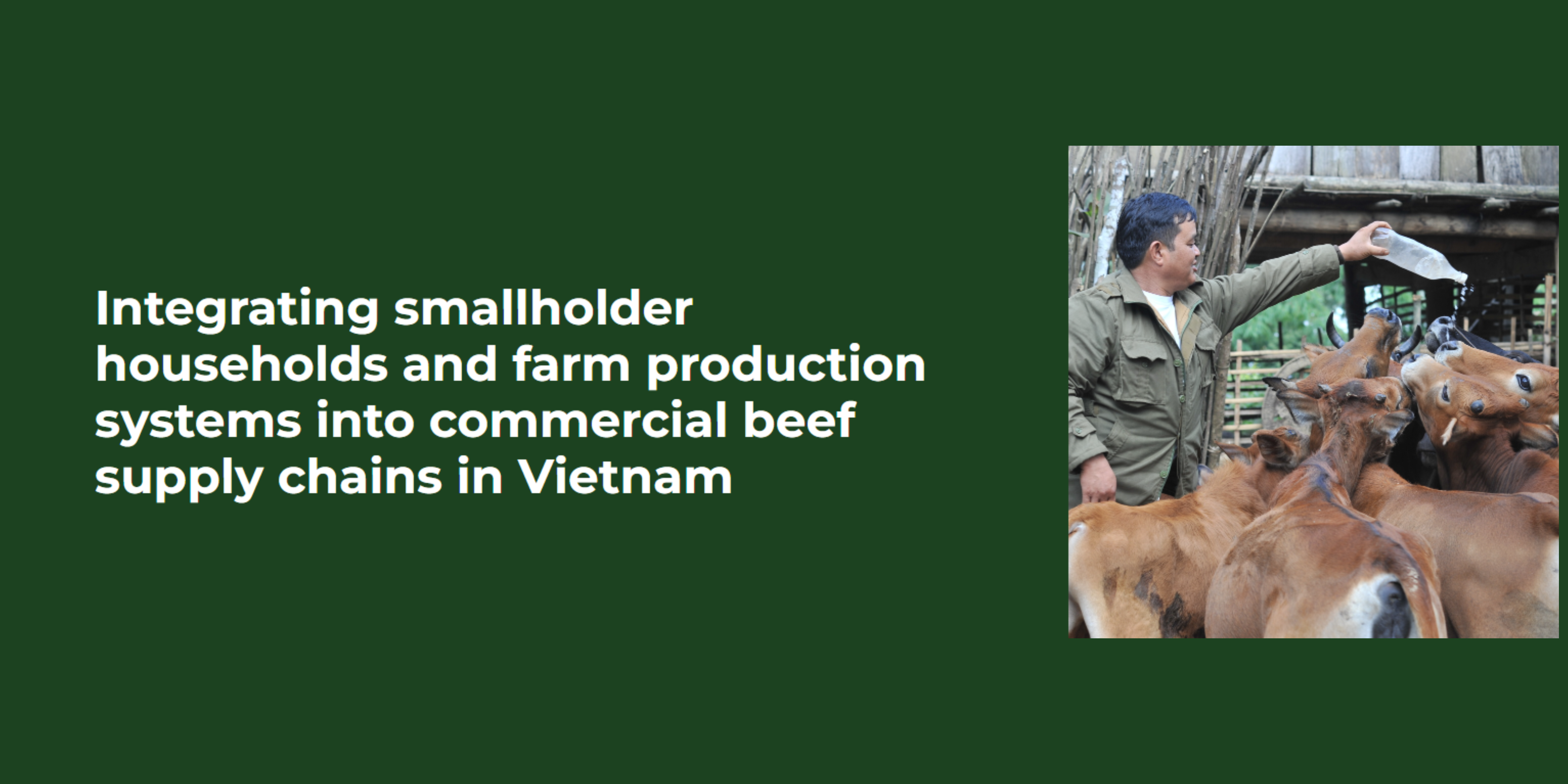Overview
This project aims to investigate new collaborative approaches between smallholder farming households and commercial intensive agricultural systems with a focus on beef supply chains and to establish and pilot best practice smallholder inclusive business model(s) based on these new approaches to Proof of Concept.
These new approaches and business model(s) will be mutually beneficial, enabling improved livelihoods for smallholder farming households, and improved productivity and performance for commercial supply chains in Vietnam.
The commercial beef supply chain in Vietnam from imported beef is rapidly growing and modernising to meet the growing domestic demand for beef. This has resulted in commercial operators in the beef supply chain significantly increasing their investment in infrastructure and importing cattle for processing, especially from Australia. While there has been an expansion in commercial beef supply chains, the Vietnamese Government is concerned with ensuring there is an ongoing role for smallholders and their families in this fast-changing production system as they are an integral part of Vietnamese society. Fundamental to the success of this project will be the establishment of ‘partnership’ arrangements between smallholders and commercial operators that are mutually beneficial and sustainable in a dynamic environment.
Project expected outcomes
New collaborative approaches and business models will lead to:
– Improving income, autonomy and gender equity for smallholders and commercial operators
– Increasing access to sustainable and consistent supply and quality of feed for commercial feedlot operators
– Adopting practices that work towards environmental stewardship
– Creating opportunities for nutrient recovery/cycling from commercial operators to smallholder households
– Enabling equitable and sustainable labour supply for commercial supply chains
– Improving women’s access to training and involvement in decision-making
– Increasing the visibility of successful women, entrepreneurs and leaders that normalises this behaviour within gendered social norms
– Enabling commercial operators and smallholder households to be invested and active in commercial supply chains
– Strengthening the capacity and bargaining power of smallholder households, Co-operatives and associations of co-operatives
– Improving productivity and performance of commercial supply chains.


